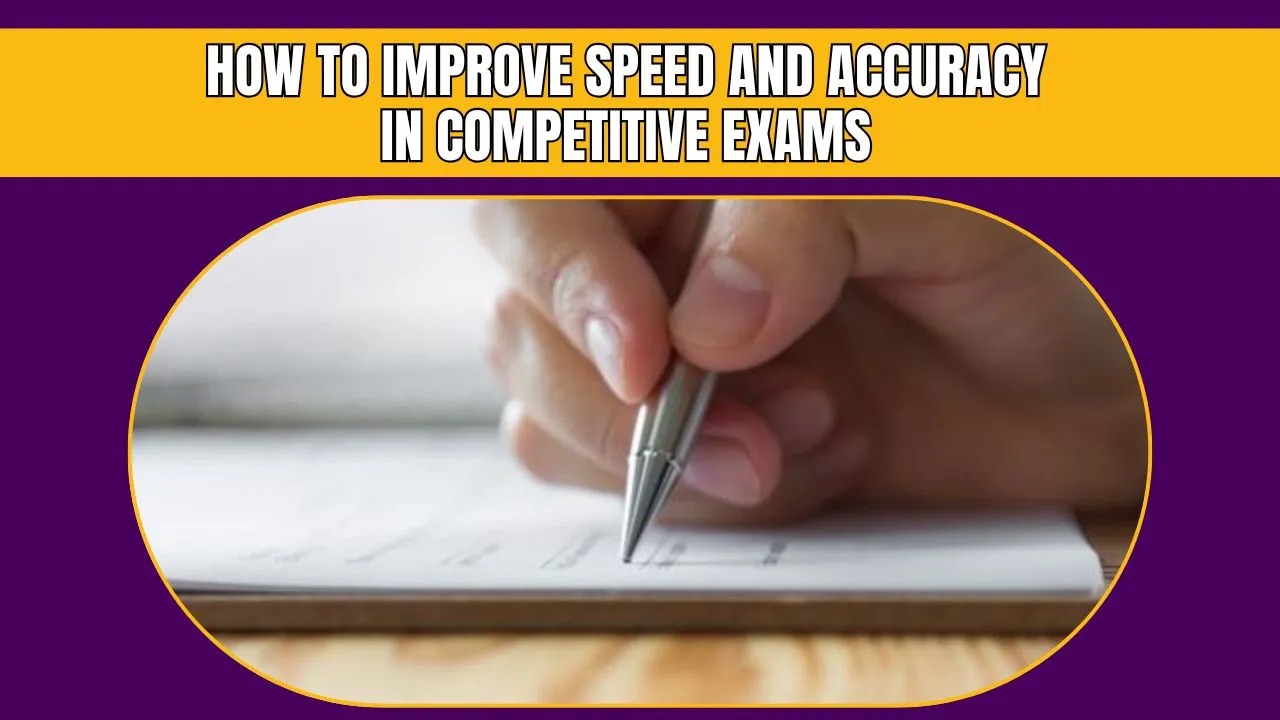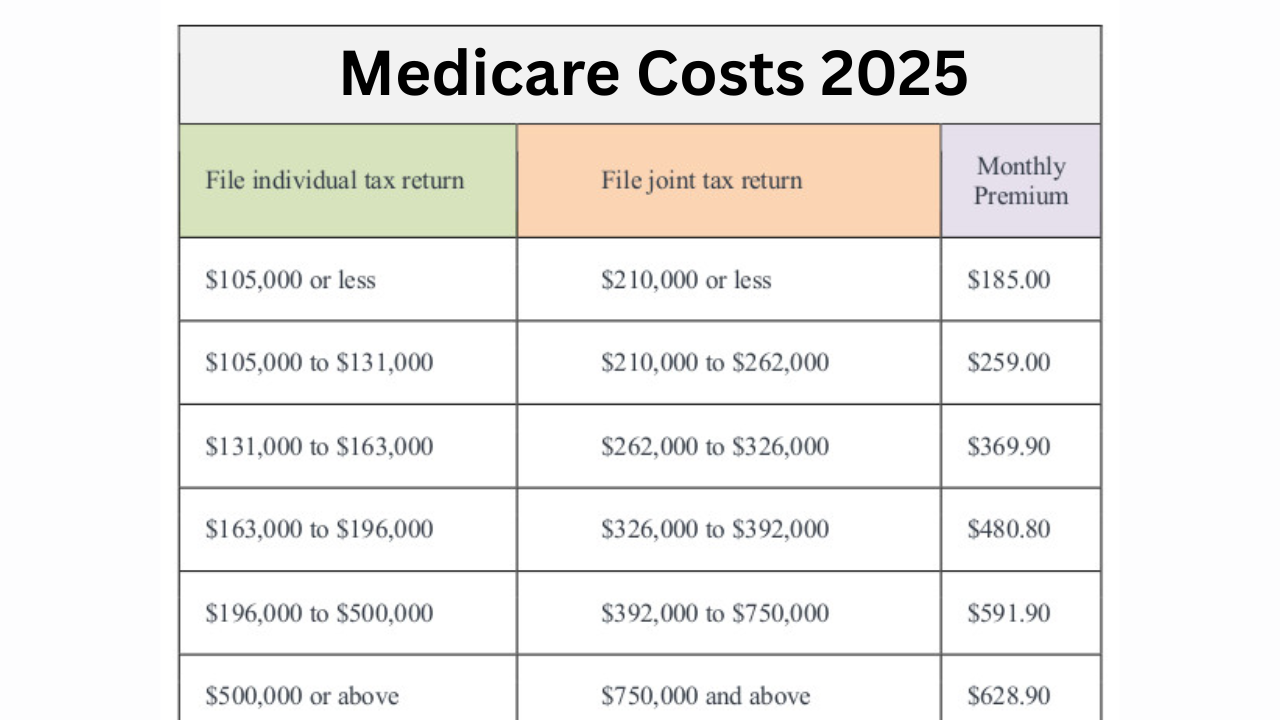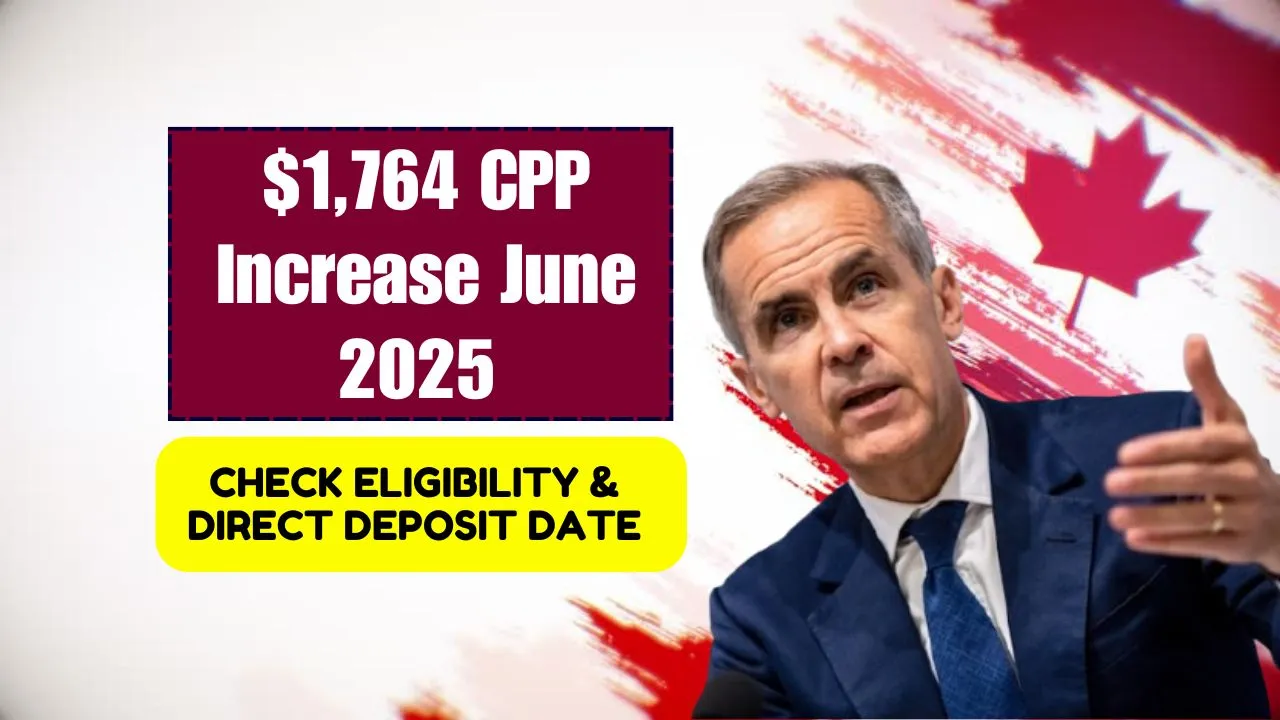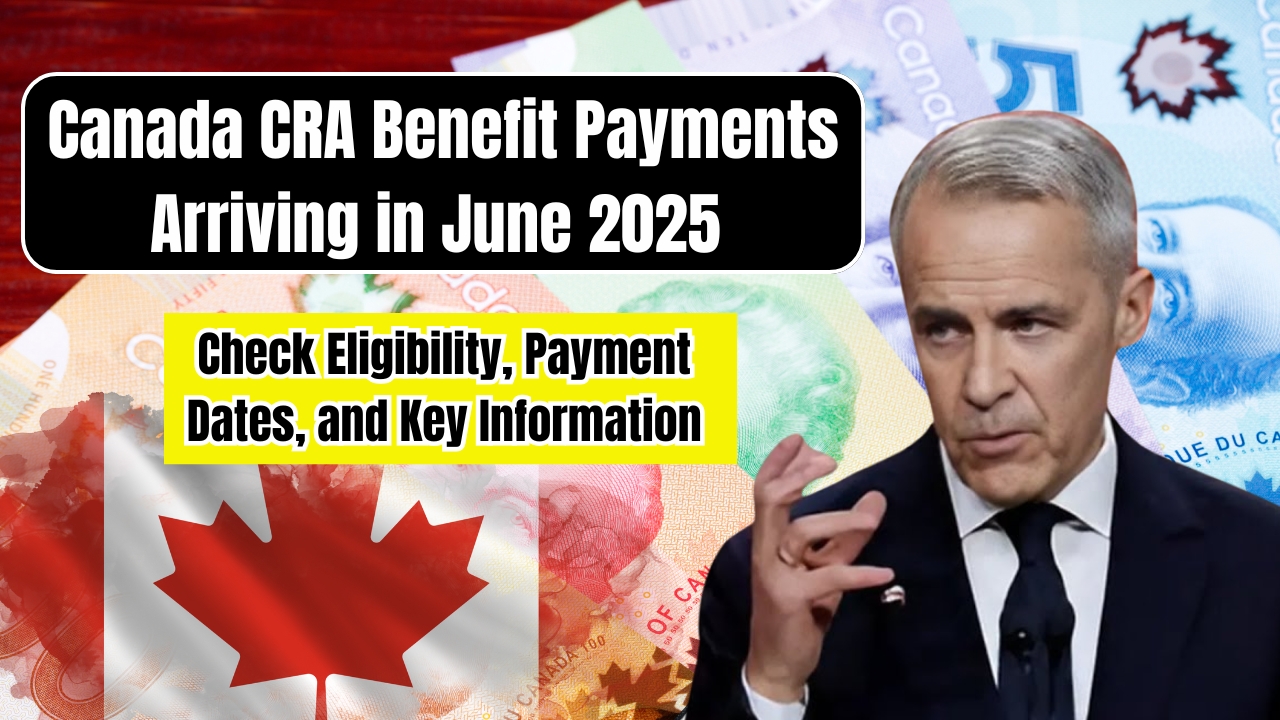Success in competitive exams depends not only on knowledge but also on how quickly and correctly you can apply it. Knowing how to improve speed and accuracy in competitive exams is crucial, especially when facing tight time limits and negative marking. Whether you’re preparing for government exams in Vrindavan or across India, balancing speed with precision can significantly boost your score and your chances of selection.
This guide offers proven strategies to help you master both speed and accuracy, ensuring you perform at your best on exam day.
Build a Strong Foundation First
The journey to improving speed and accuracy starts with solid preparation.
- Understand the Syllabus and Exam Pattern:
Before anything else, know exactly what topics to cover, how many questions will be asked, and how much time you’ll have. This clarity helps you plan your approach effectively. - Master the Basics:
A clear understanding of fundamental concepts means you’ll solve questions faster and with fewer mistakes. Use NCERT books and standard guides to strengthen your core knowledge. - Learn Shortcut Techniques:
For subjects like quantitative aptitude and reasoning, shortcuts and tricks can save valuable seconds. Memorise important formulas, tables, squares, and cubes to speed up calculations. - Enhance Mental Calculation:
Reducing dependence on pen and paper for simple math can greatly improve your pace in numerical sections.
Knowing how to improve speed and accuracy in competitive exams begins with being confident in your subject knowledge.
Strategies to Boost Speed
Once your basics are strong, focus on increasing your solving speed.
- Timed Practice:
Set a timer when solving questions. These conditions your brain to work efficiently under pressure. - Prioritise Easy Questions:
Quickly scan through the paper and attempt the easy questions first. This ensures you secure marks without wasting time early on. - Develop a Smart Approach:
Every exam has patterns. Learn to recognize question types so you can apply the right method instantly. - Improve Reading Speed:
For comprehension sections, practice skimming and scanning techniques to grasp key information faster. - Simulate Exam Conditions:
Regularly attempt full-length mock tests in a quiet space, using only the allotted time.
Practicing these techniques will help you naturally increase your speed without compromising quality.
Strategies to Ensure Accuracy
While speed is important, accuracy is what truly defines success in competitive exams.
- Focus on Correctness First:
Never rush at the cost of making errors. Accuracy should be your priority during early stages of preparation. - Avoid Random Guessing:
Especially in exams with negative marking, guessing can do more harm than good. Use elimination methods and only answer when reasonably confident. - Double-Check Calculations:
If time allows, quickly review your answers, particularly in quantitative sections where small mistakes can cost marks. - Track Your Mistakes:
Maintain an error log after every mock test. Understanding where you go wrong—be it conceptual errors or silly mistakes—helps prevent repetition. - Read Carefully:
Misreading questions is a common cause of errors. Pay special attention to words like “NOT,” “EXCEPT,” or “INCORRECT.”
If you’re serious about how to improve speed and accuracy in competitive exams, remember that accuracy often comes before speed in your preparation journey.
Combining Speed and Accuracy
The real challenge is balancing both speed and accuracy. Here’s how to integrate them effectively:
- Start with Accuracy:
Initially, focus on solving questions correctly, even if it takes longer. Once you’re confident in your answers, work on reducing the time you take. - Timed Accuracy Practice:
As you improve, set moderate time limits. Gradually tighten these limits to push your speed while maintaining correctness. - Review Mock Tests:
After each test, check:
- How many questions did you answer correctly?
- Where did you spend too much time?
- Were mistakes due to rushing?
- How many questions did you answer correctly?
- Know When to Move On:
Don’t waste time on one tough question. Move ahead and return if time permits. This ensures you don’t lose marks on easier questions due to poor time management.
Consistent Practice is the Key
Consistency is at the heart of how to improve speed and accuracy in competitive exams.
- Daily Practice Routine:
Solve a mix of questions daily, covering different topics and varying difficulty levels. - Weekly Mock Tests:
Attempt at least one full-length mock test every week. Increase the frequency as your exam approaches. - Analyze Every Test:
Spend time reviewing your mistakes, understanding weak areas, and adjusting your study plan accordingly. - Challenge Yourself:
Slowly reduce your practice time to push your limits and improve performance under pressure.
Stay Calm and Focused
Often, candidates know how to improve speed and accuracy in competitive exams, but stress affects their performance.
- Manage Exam Anxiety:
Practice breathing exercises or meditation to stay calm during the exam. - Stay Positive:
Confidence in your preparation helps you think clearly and avoid careless mistakes. - Healthy Lifestyle:
Ensure proper sleep, a balanced diet, and regular physical activity to keep your mind sharp.
FAQs
How can I balance speed and accuracy in competitive exams?
Start by focusing on accuracy, then gradually introduce time constraints to build speed without compromising correctness.
Is it okay to guess answers to improve speed?
No, avoid blind guessing, especially in exams with negative marking. Use elimination techniques for educated guesses.
How many mock tests should I take before the exam?
Aim for at least 10-15 full-length mock tests, increasing frequency as the exam nears.
Why do I make mistakes even when I know the answers?
This is usually due to rushing or misreading. Practice staying calm and reading questions carefully.
Can reading newspapers help improve speed?
Yes, reading regularly improves comprehension speed, especially in English and GK sections.
Final Thought
Knowing how to improve speed and accuracy in competitive exams is essential for cracking government exams in today’s competitive environment. By building strong fundamentals, practising smartly, managing time, and staying calm under pressure, you can master both speed and precision.
Consistency, analysis, and a balanced approach will turn these strategies into habits that lead to exam success. If you found this guide helpful, share it with fellow aspirants or leave a comment below. Keep practising, stay focused, and success will follow!











